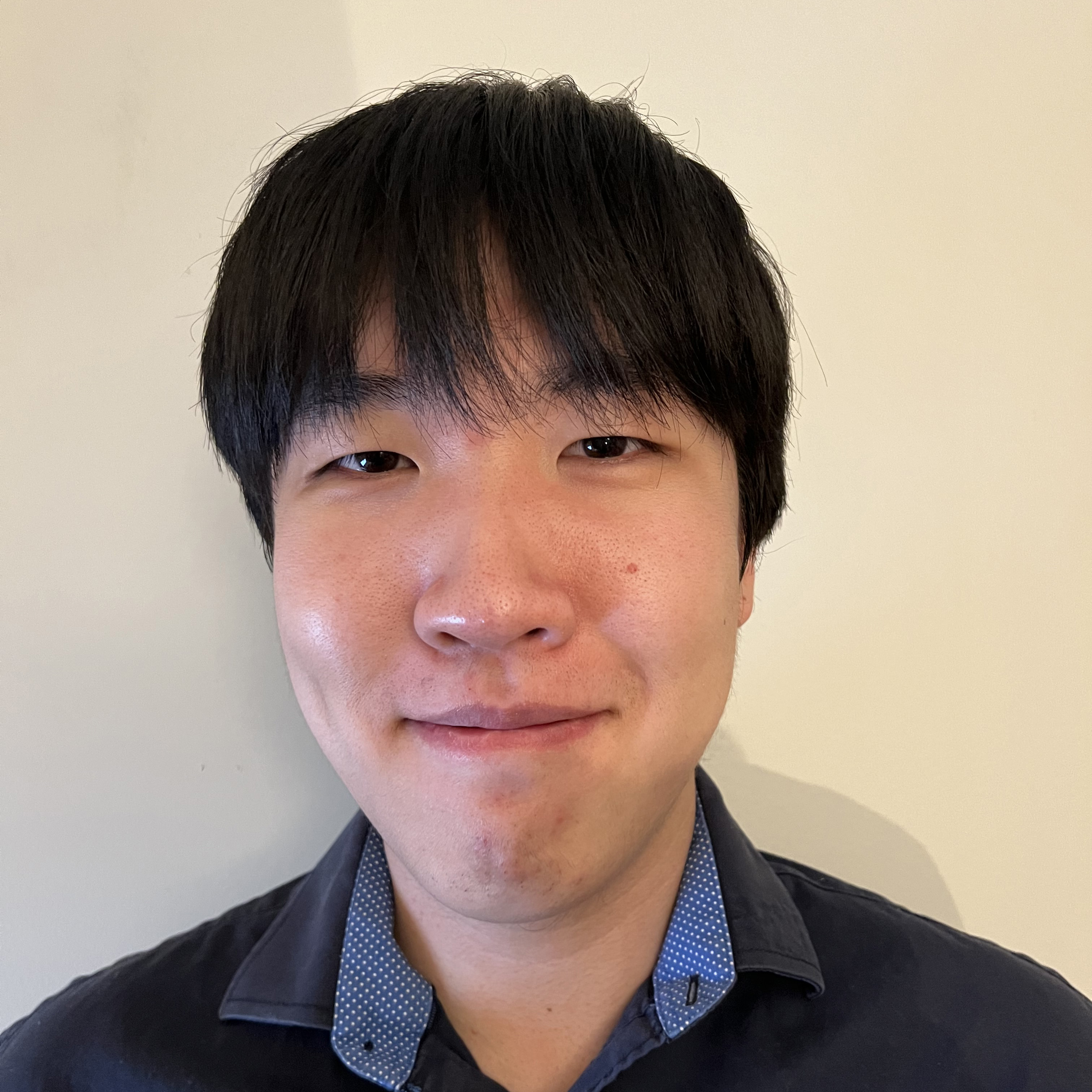Patrick Kim, a junior physics and electrical engineering double-degree student, is one of three UMD students to have been awarded 2022 scholarships by the Barry Goldwater Scholarship and Excellence in Education Foundation, which encourages students to pursue advanced study and research careers in the sciences, engineering and mathematics.  Patrick Kim. Photo courtesy of same.
Patrick Kim. Photo courtesy of same.
Over the last decade, UMD’s nominations yielded 35 scholarships—the second-most in the nation behind Stanford University. The Goldwater Foundation has honored 76 UMD winners and five honorable mentions since the program’s first award was given in 1989. In the last decade, 15 physics students have received Goldwater recognition: Kim, Ela Rockafellow, Scott Moroch, John Martyn, Nicholas Poniatowski, Mark Zic, Paul Neves, Christopher Bambic, Eliot Fenton, Prayaag Venkat, Nathan Ng, Geoffrey Ji, Stephen Randall and Noah Roth Mandell.
“Our Goldwater Scholars are conducting research on the leading edge of their disciplines—engineering new clean energy solutions, using algorithms to optimize the distribution of limited resources in contact tracing or access to vaccines, and designing new gene-based diagnostics and therapies against aggressive cancers. Each of them is on a trajectory to make major research contributions that have societal impact,” said Robert Infantino, associate dean of undergraduate education in the College of Computer, Mathematical, and Natural Sciences. Infantino has led UMD’s Goldwater Scholarship nominating process since 2001.
Kim, a member of the University Honors program and President’s Scholarship recipient, is contributing to the quest for fusion energy—a process that forces atoms together under great heat and could mean an almost limitless supply of clean energy if successful.
Kim began his first research project at UMD with Physics Professor William Dorland in 2017—two years before he became a college freshman. Now, Kim is working with Dorland to optimize fusion reactors to reduce their turbulent transport, which would otherwise greatly limit their efficiency and prevent net fusion power gain.
“Patrick is bright, resourceful, tenacious and curious,” Dorland said. “He is able to teach himself fast enough and thoroughly enough to have produced new results, which he published in a refereed journal and presented at the annual American Physical Society conference for the Division of Plasma Physics.”
Kim also conducts research at the Princeton Plasma Physics Laboratory (PPPL), where he studies reduced plasma models that can evaluate the plasma’s nonlinear macroscopic stability and dynamical properties more rapidly. He is co-author of a journal article submitted on this work. This summer, he plans to continue working at PPPL to develop improved optimization algorithms for fusion reactors.
After graduation, Kim plans to pursue a Ph.D., become a plasma physicist and help develop the first commercial nuclear fusion reactors that provide power to the electrical grid.
Other UMD winners this year were George Li, a sophomore computer science and mathematics double-degree student; and Kevin Tu, a junior biological sciences and economics double-degree student. Goldwater Scholars receive one- or two-year scholarships that cover the cost of tuition, fees, books and room and board up to $7,500 per year.